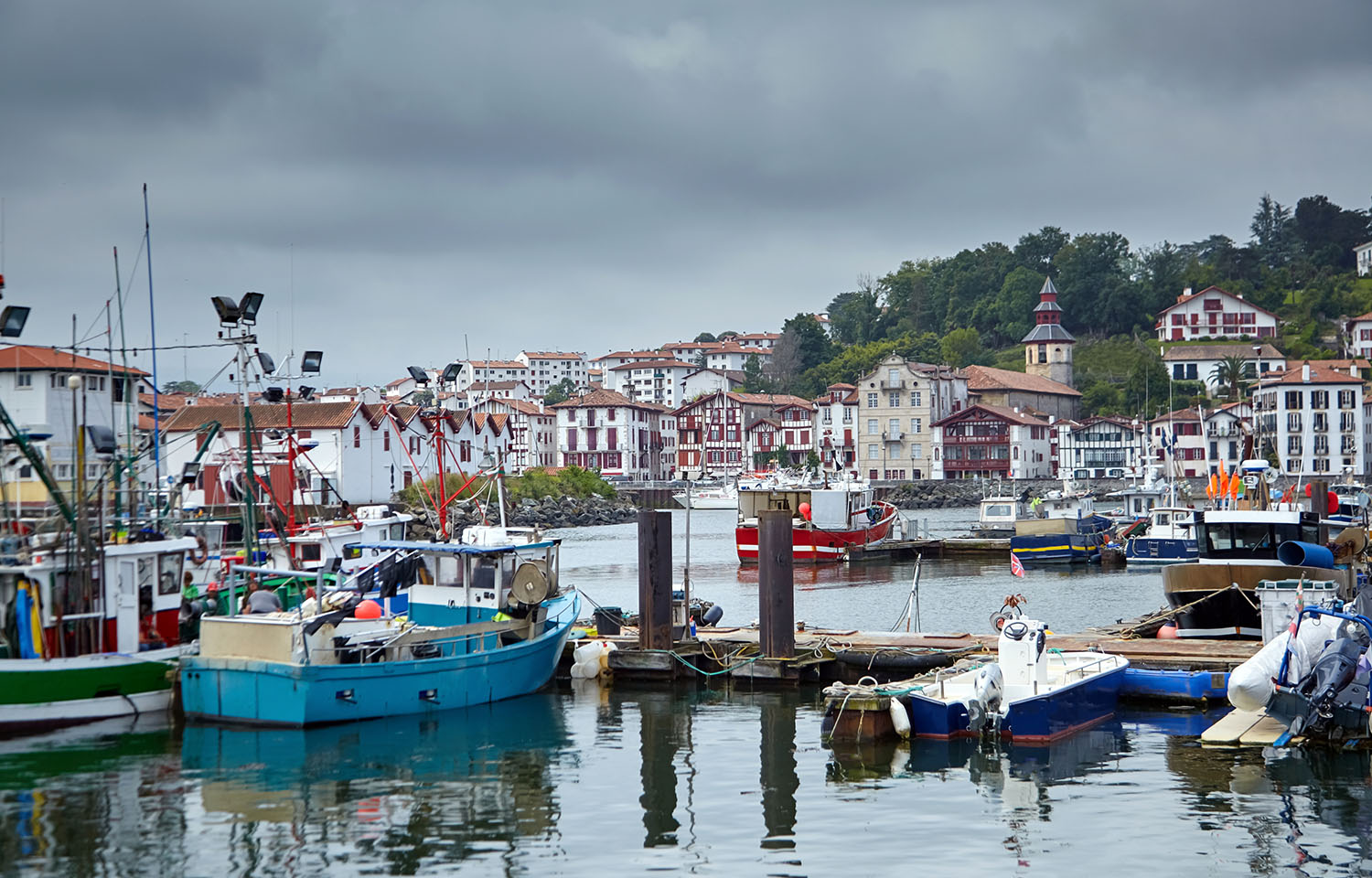A French court ruled on 18 January to institute an emergency closure of the Bay of Biscay to commercial fishing.
The emergency closure of the fishing grounds from 22 January to 20 February to French vessels, as well as those fishing under flags of other E.U. member state, aims to protect cetaceans – a group of aquatic mammals comprising whales, dolphins, and porpoises. The ban extends to all vessels over 8 meters in length and applies to pelagic trawls and demersal pair trawls, as well as vessels operating trammel and set-nets and purse-seine gear. Any vessel found operating with prohibited gear will be subject to legal and administrative proceedings.
More than 500 vessels have been affected by the ban. In Lorient – the second-largest fishing port in France behind Boulogne-sur-Mer on the north coast of France – around 40 percent of the active fleet has been affected. In response, fishers and industry groups, many of whom are adamant they already take pointed measures to ensure they are fishing sustainably, are calling for, at the very least, adequate compensation for the money they are set to lose during the ban.
Olivier Le Nézet, the president of French fishing nonprofit CNPMEM and SEM Lorient Keroman, a fishing organization that operates the Lorient port on the Bay of Biscay in western France, estimated the estimated losses at the port due to the ban will be around EUR 600,000 (USD 653,000) in revenue from the sale of 220 metric tons of fish.
“This sets an extremely serious precedent since it is the first time that our activities have been managed by a court, which made its ruling on the basis of lobbying by a handful of associations, without taking into account scientific reports and the efforts made by the industry,” he said.
Le Nezét said fishermen in the bay have intensified their efforts to limit accidental capture of small cetaceans, but that those efforts seem to have been in vain with the institution of the ban.
To alleviate some industry worries, France Minister for Ecological Transition and Territorial Cohesion Christophe Béchu confirmed that compensation will be available to both fishing and processing companies.
Europêche President Javier Garat said the precedent established by the court’s decision undermines the trust they place in the E.U.’s Common Fisheries Policy (CFP).
“It is challenging to advocate for consultation, cooperation, proportionality, and a bottom-up approach when this decision contradicts those principles,” he said. “A thorough E.U. impact assessment and a full review of these decisions is imperative to ensure compliance with the CFP and its safeguards. The [European] Commission, as guardian of the treaties, must step in to secure that E.U. rules are applied correctly.”
The European Association of Fish Producer Organizations (EAPO), which represents 30 producer organizations from 10 E.U. member states said the fishing ban will ...
Photo courtesy of Mike_O/Shutterstock








